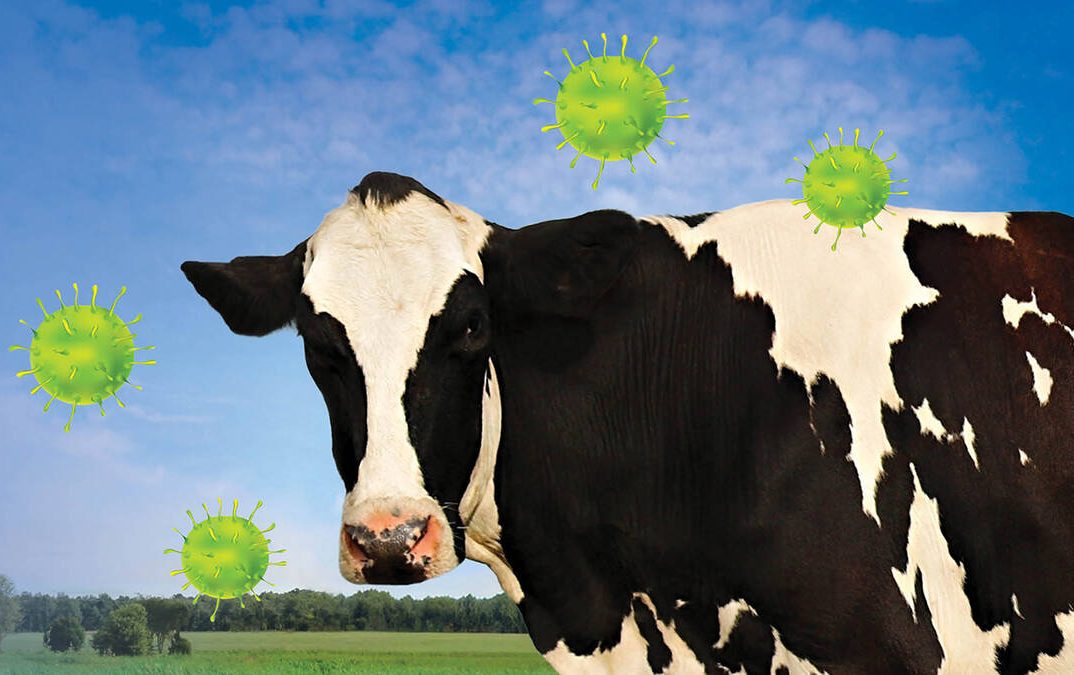Canada is discussing a possible settlement of its long-running beef dispute with the European Union, a spokeswoman for the Department of Foreign Affairs and International Trade says.
The issue gained attention with the announcement in mid-May that the United States had reached a settlement with the EU, which will see more American beef enter the European market in return for the U. S. dropping the duties it had imposed on products from Europe.
Laura Dalby said Canada is discussing “possible elements that could be included in a negotiated settlement. Canada is willing to continue discussions on compensation, in close consultations with the Canadian beef and cattle industries.”
Read Also

Researchers stay on trail of bovine bird flu’s origin
Canada’s dairy cattle herd is so far spared from avian flu, and work continues to contain its spread in the U.S., but the disease is far from gone.
Dalby couldn’t provide any details of a possible agreement.
In 1999, tariffs of 100 per cent were imposed on certain EU imports after the World Trade Organization ruled in favour of complaints from Canada and the U. S. about the European ban. Among the products hit were EU beef, pork, cucumbers and gherkins.
The U. S.-EU deal gives American producers of growth hormone-free beef a significant increase in market access, beginning with 20,000 tons a year and moving to 45,000 tons in 2012. As well, there’ll be no duty on the shipments compared to the 20 per cent applied to existing shipments.
U. S. Trade Representative Ron Kirk said Washington still regards beef from cattle raised with growth hormones as safe, despite what the Europeans claim, “but we see this agreement as a pragmatic way forward.”
The EU ban on hormone-treated beef has been in place since the early 1980s. The U. S. and Canada challenged it in 1996 and the WTO ruled in 1999 that the EU wasn’t justified and agreed the complainants could impose retaliatory duties.
The WTO last year told the parties to try to negotiate a settlement.














